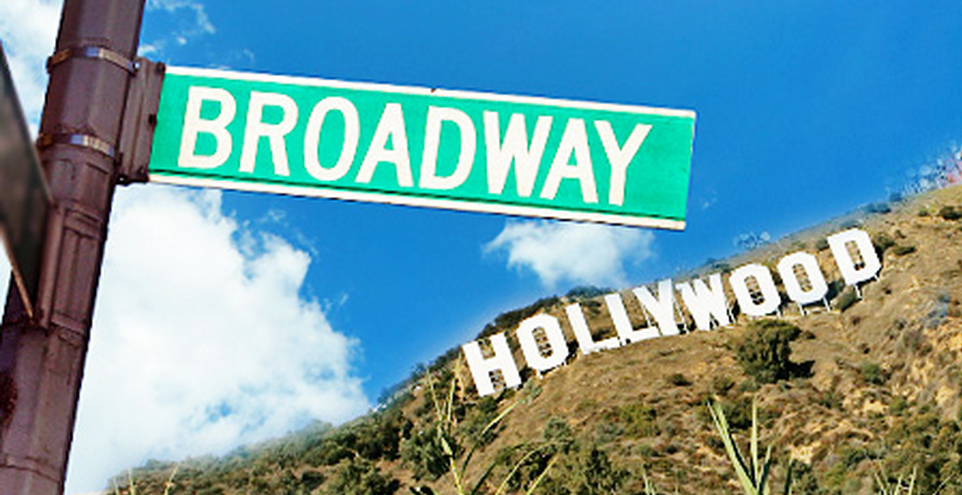Viola Davis and Sanaa Lathan both recently touched on the subject of the marginalization of Black actors in Hollywood, which led us here at Broadway Black to think, is Broadway any different from Hollywood? I’d say close, but no cigar.
I automatically think back to the #OscarsSoWhite movement started earlier this year by our Managing Editor, April Reign. Since then, executives have been scrambling to figure out ways to include more people of color. Whether they want to, or feel obligated to do, so is another story. Where film is lacking, television and Broadway have made up for it, slightly. Empire has become the most watched television show of the season and features a predominately Black cast. Viola Davis and Taraji P. Henson are made history by being the first two Black actresses to be nominated for the coveted Emmy for a lead actress at the same time (seriously!). Davis took home the award, altering history yet again history by being the first black woman to win the Emmy in the Drama series category. Broadway is bringing us The Color Purple, The Gin Game, Shuffle Along, and Hamilton all in the same season. So what’s the film’s industry’s problem?
In promoting her new film “The Perfect Guy,” co-starring Morris Chestnut and Michael Ealy, Sanaa Lathan says,
I think Hollywood has a ways to go. Certainly in the last couple of years with ‘Think Like A Man’ and even recently with ‘Straight Outta Compton’ doing well,” says Lathan during an interview with The Huffington Post. “But I think the language needs to change, the language about ‘Oh, this is an urban film or this is a niche film.’ No, these are Hollywood films. And it’s to marginalize us because it’s like some kind of a freak thing that we’ve made all this money off this movie. That’s a problem for me.
We’ve heard that before in the Broadway community. Hamilton anyone? A show that, on paper, shouldn’t be doing as well as it is, simply based on casting choices alone, is singlehandedly crushing the box office. Why? Because time and time again it’s proven if a show is good people will see it, regardless of skin color, even though the fact that the cast is mostly people of color is an amazing addition. So whay can’t we have it more often, across all media?
Viola Davis covers the latest issue of EW Magazine, where she speaks on the same issues as well:
There were a lot of things that people did not allow me to be until I got [the role of] Annalise Keating. I was not able to be sexualized. Ever. In my entire career. And here’s the thing that’s even more potent: I’ve never seen anyone who even looks like me be sexualized on television or in film. Ever. When people say they’re tired of hearing that, I always say, ‘Okay, well, you give me an example and then I’ll stop talking about it. But I’m gonna talk about it until you hear it.’
And she has surely given them something to talk about. Even within the marginalization of the Black actor, there lies another issue of colorism that people seem to forget. Sure, a show can say they have their token Black character, but are they aware Black people come in various shades and hues? Everyone has the right to see themselves somewhere, whether it be in TV or film or print or stage, so why is it so hard for the powers that be to make it happen? Look at the demographics of the United States. We are one of the most diverse countries in the world. Why don’t our films, magazines, shows, and productions represent all that we are?
Lathan believes that Hollywood should have an accurate representation of all cultures, and the same can be said for what Broadway should and can do for the theatre community.
“I think we need to come into the 21st century. And films should represent the world that we live in,” she said. “And right now when you look at Hollywood it’s not an accurate representation of the diversity of the world that we live in.”



